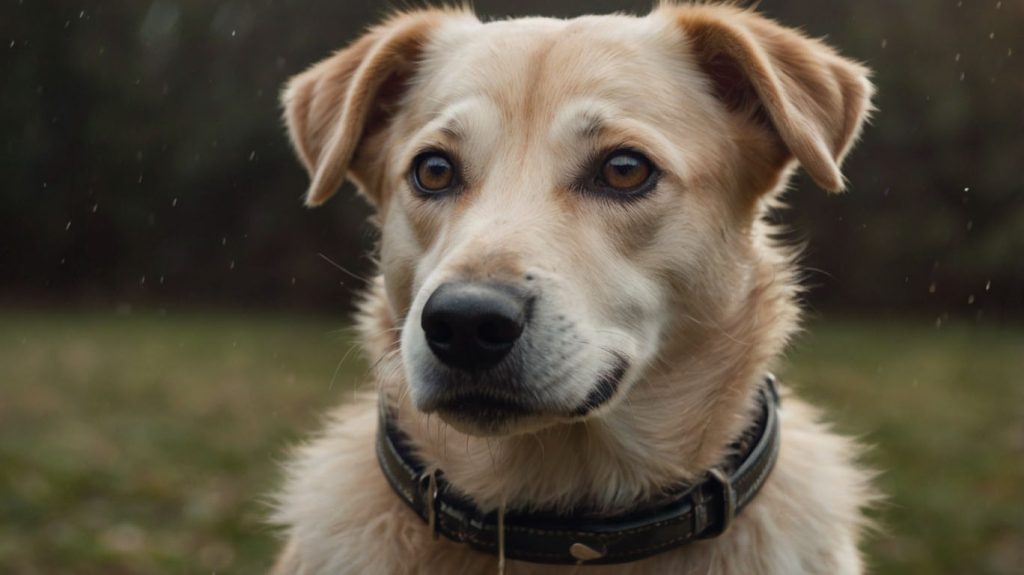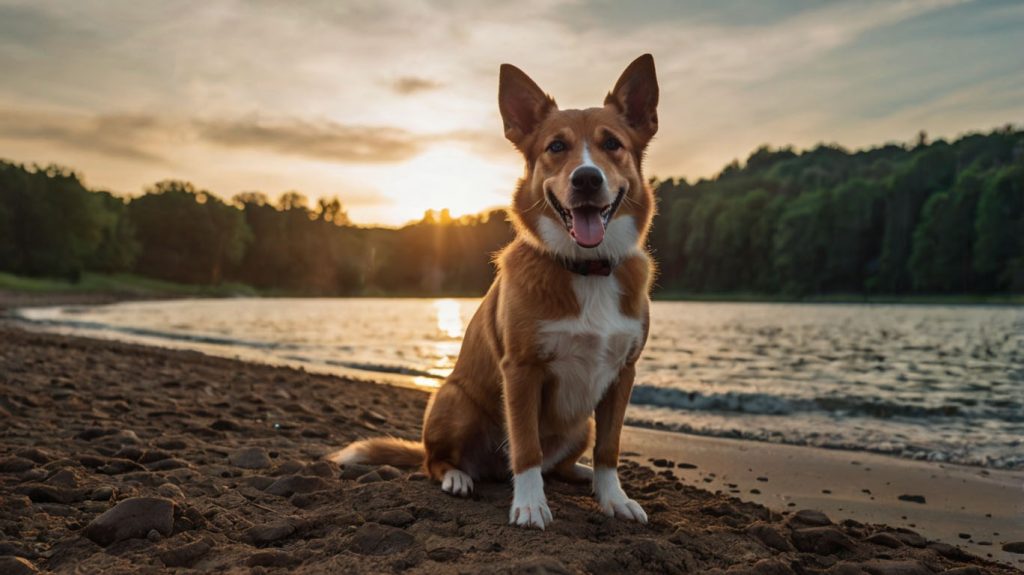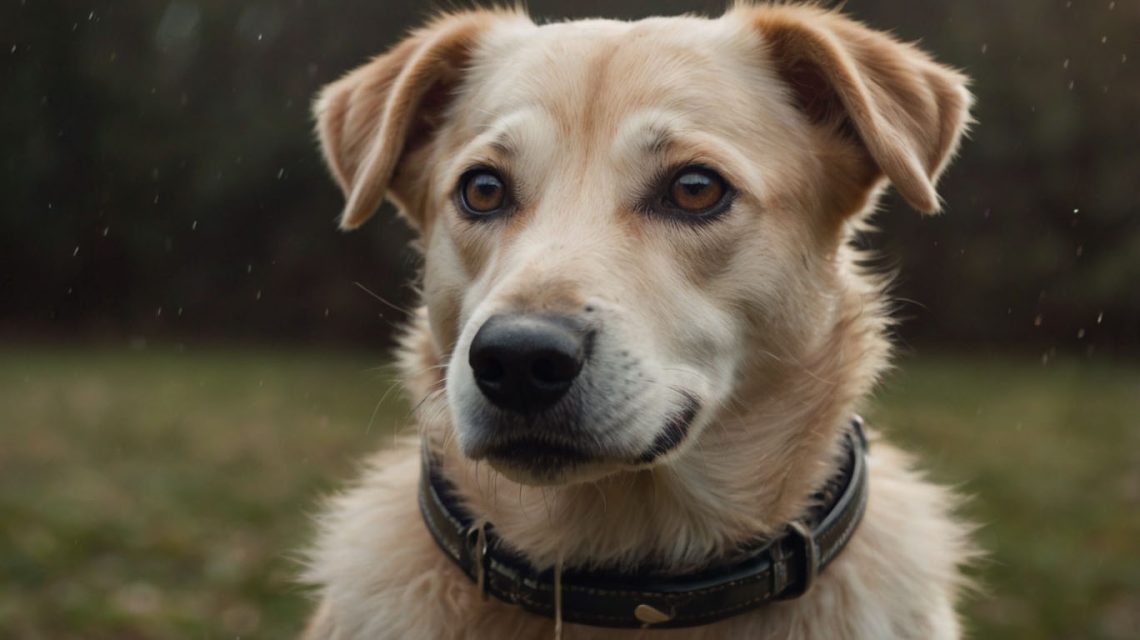Starting a new journey as a pet owner can feel overwhelming at first. You may ask yourself: “Where do I even begin?” That’s where dog training tips for beginners come into play. By using these foundational techniques, you’ll raise a happy, obedient, and confident dog.
Let’s explore a relatable story before diving into practical tips.
Story: How One Family Turned Struggles into Success
When the Silva family adopted Bruno, a 10-week-old labrador, they had zero experience. Bruno chewed furniture, barked through the night, and ignored every command. Instead of panicking, they researched dog training tips for beginners and built a daily routine.
Three months later, Bruno could sit, stay, and walk calmly on a leash. Their story proves that with patience and the right approach, anyone can train their dog.

Why Dog Training Matters for Beginners
Dogs don’t automatically know what’s expected. So, when you implement dog training tips for beginners, you’re not just teaching commands—you’re shaping a relationship.
Key Benefits of Beginner Training
- Encourages consistent good behavior
- Strengthens communication
- Reduces stress in new environments
- Promotes mental stimulation and obedience
Clearly, training builds the foundation for long-term success.
Top Dog Training Tips for Beginners
The following dog training tips for beginners are designed to be easy, effective, and enjoyable.
Begin with Simple Commands First
Start with basics like:
- Sit
- Stay
- Come
- Down
- Leave it
Use treats, repetition, and excitement. Every small win counts.
How to Teach Core Commands
- Keep training sessions short (5–10 minutes)
- Reward immediately after correct actions
- Practice multiple times daily
- Use the same words every time
These are the first building blocks of lifelong obedience.
Stay Consistent with Rules and Routines
One of the best dog training tips for beginners is to stick to one set of rules.
- If jumping isn’t allowed, never make exceptions
- Feed, walk, and train at the same time daily
- Ensure all household members use the same commands
Consistency leads to faster results.

Use Positive Reinforcement Over Punishment
Dogs thrive on praise. So, instead of scolding, focus on rewarding desired behavior.
- Say “Yes!” or use a clicker at the right moment
- Offer small treats or favorite toys
- Keep your tone encouraging
Dogs repeat what works for them. Make success feel rewarding.
Socialize Early for a Friendly Companion
Introduce your dog to:
- Other dogs
- Children and adults
- Noises like vacuums, traffic, and music
- New environments like parks or stores
Socializing prevents fear and aggression. It’s one of the underrated dog training tips for beginners.
Prevent Bad Habits Before They Set In
Common Issues and Fixes
- Jumping? Turn away and ignore.
- Chewing? Provide safe chew toys.
- Pulling on leash? Stop walking and wait for slack.
Early correction is much easier than untraining a bad habit.
Daily Training Schedule for Beginners
Here’s a sample beginner-friendly schedule:
| Time | Activity | Goal |
|---|---|---|
| 7:00 AM | Potty + walk | Bonding and leash practice |
| 10:00 AM | Basic command session | “Sit,” “Stay,” “Come” |
| 1:00 PM | Puzzle toy or enrichment game | Mental stimulation |
| 6:00 PM | Evening walk + new command | Distraction training |
| 9:00 PM | Calm time or crate session | Wind down |
Consistency is key in every one of these dog training tips for beginners.
Case Study: Zoe the Beagle Learns to Listen
Zoe was a 6-month-old beagle who never responded to her name. Her owner followed a structured approach using dog training tips for beginners, focused on daily recall practice and play-based learning. Within four weeks, Zoe ran to her name every time.
Her transformation shows that even independent breeds respond when beginners follow the right plan.
Essential Tools for Beginner Training
| Tool | Use Case |
|---|---|
| Clicker | Marking behavior instantly |
| Treat pouch | Easy reward access |
| Long leash | Safe recall training outdoors |
| Crate | House training and rest |
| Chew toys | Reduces furniture damage |
Equipped with these tools, every tip becomes easier to implement.
FAQs on Dog Training Tips for Beginners
Can I train my dog at home as a beginner?
Yes! Start with small, daily sessions and focus on bonding.
What age should I start training?
Training should begin as early as 8 weeks. But it’s never too late.
How long does training take?
Basic commands can take 4–6 weeks with consistent effort.
Do I need treats forever?
Treats are important early on. Eventually, praise and play can take over.
Is group training helpful?
Yes, especially for socialization and learning in distractions.
Conclusion: Start Strong with Dog Training Tips for Beginners
Success in training doesn’t require experience—just consistency, patience, and compassion. By using these dog training tips for beginners, you build a relationship that goes beyond obedience. It’s about trust, teamwork, and understanding.
Don’t wait. The best time to train your dog is now.


